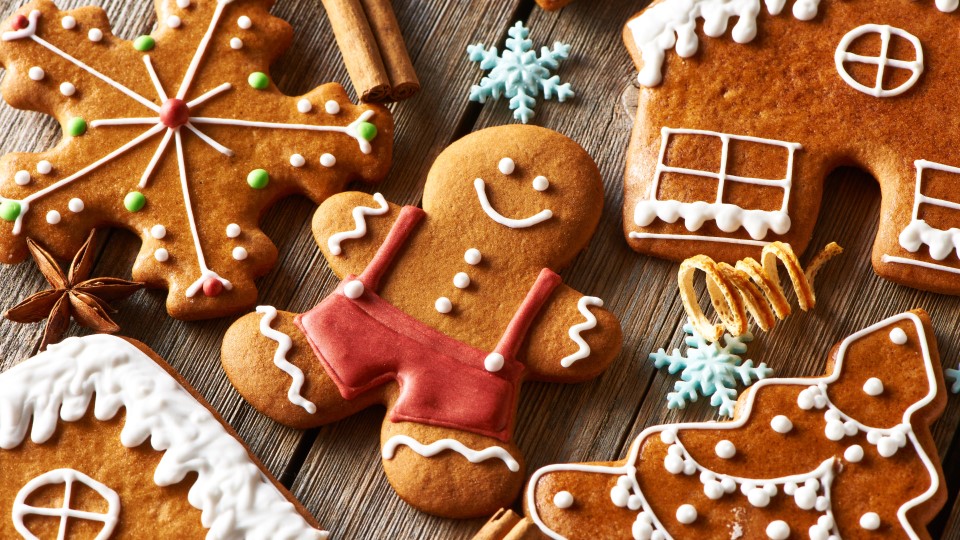After a particularly hard couple of years, with festivities potentially being reduced for a second year due to Covid-19, calorie counting is far from most people’s minds. Even for those who don’t celebrate Christmas, shops filled with seasonal treats, non-stop fast food and supermarket advertising campaigns and a sudden worsening of the weather combine to test all but the steeliest of resolves when it comes to the temptations of favourite comfort foods.
But does a couple of weeks ‘off the wagon’ really matter when it comes to our long-term health? On Christmas Day alone, individuals may consume 6,000 calories – three times the daily recommended allowance for women. And that’s without including the additional calorie intake from the other celebration days around Christmas and New Year, which often feature large portions of high calorie foods and increased alcohol consumption.
Studies have shown that people, on average, gain a small amount of weight each year - around 0.4-1kg, or approximately 1-2 pounds. Much of this weight is gained at Christmas – some studies have found this can be up to 0.9kg – and this weight often isn’t fully lost in the following months. Although this is a relatively small increase, over 10 years this would lead to a 5-10kg (11-22lb) increase in weight gain, which is enough to push many people into overweight and obesity.
There has been little long-term success in treating established obesity through lifestyle change, so there is a need to help people prevent the weight gain in the first place. But there’s a delicate balance to be achieved that allows people to still enjoy Christmas without them gaining more weight than they can then easily lose and keep off.
Our Winter Weight Watch Study explored whether encouraging self-regulation and new habits could help prevent a weight gain of more than 0.5kg (about 1lb) over the Christmas period. Our intervention included:
-
Encouraging participants to measure and record their weight at least twice a week (ideally daily)
-
Advice on weight management
-
Providing physical activity calorie equivalent (PACE) information about festive food and drink, showing how much exercise would be required to burn off the calories in the food
-
10 top tips for weight management
We also tracked the weight gain of a comparison group, who did not receive the intervention but were provided with brief information about healthy lifestyles that didn’t include dietary advice.
The intervention group gained very little, on average 0.13kg, whereas the comparator group gained an average of 0.37kg, showing that the intervention prevented the public from gaining weight.
It was also apparent that raising awareness of the calories contained in food and understanding how much physical activity was required to burn off the calories in festive foods, as well as tracking weight, helped people to make adjustments to what they were eating and drinking as they went through the festive season, rather than facing a larger amount of weight to lose in the new year.
No food was banned, there was no diet to follow, nor was there any requirement to take additional physical activity. By encouraging our participants in the intervention group to exercise some restraint in what the ate and to adopt the habit of tracking their weight, they benefitted from gaining less weight over the Christmas holidays without missing out on their favourite festivities.
